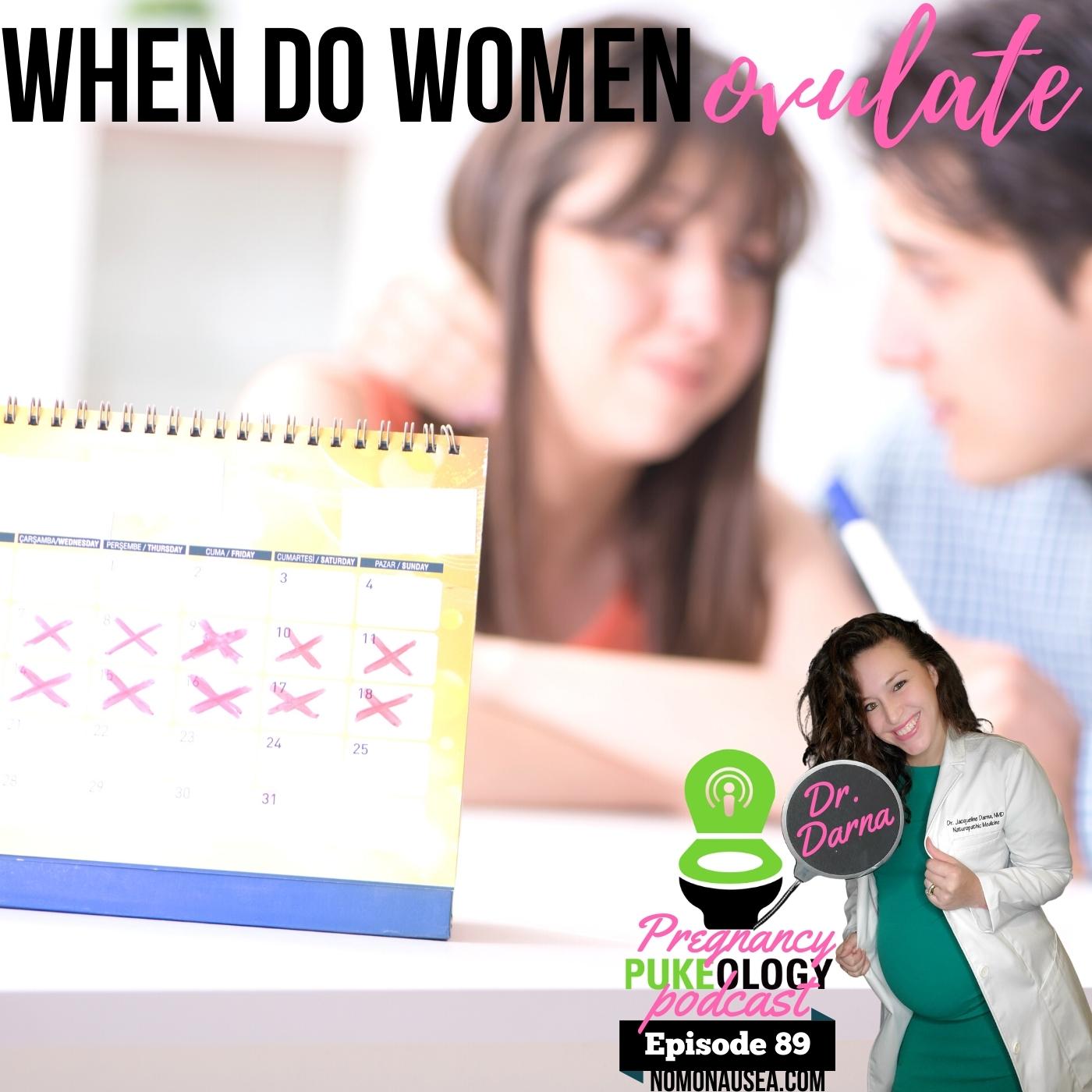
When do women ovulate?
Are you wondering when it is the perfect time to conceive? Well, you need to know about ovulating. It will also help if you know the length of your menstrual cycle.
Read on to learn more about ovulation and its link with conception.

What is ovulation?
Ovulation refers to the release of a mature egg from your ovary. Therefore, ovulation is one of the periods in your menstrual cycle.
The released egg has two fate, either meet an awaiting sperm and gets fertilized in your fallopian tube and then implanted in the wall of your womb developing into pregnancy, or it fails to meet the sperm and disintegrate and is removed during the menstrual period together with shed uterine lining.
Therefore, knowing when you are ovulating can help you know when you are most fertile to conceive or avoid having unprotected sex so that you don’t get pregnant.

When do women ovulate?
When your ovulation occurs depends on the menstrual cycle. But it typically happens 14 days before you start your next period.
Most women have a 28-day menstrual cycle meaning they ovulate in the middle of their cycle (the 14th day).
What if you don’t have a 28-day cycle? You can still establish when you are going to ovulate. However, you need to keep a menstrual calendar. Still, you will ovulate 14 days before the start of the next period.
In addition, you can stay on the watch for the signs and symptoms of ovulation. These include:
- Thinning of your vaginal secretion and cervical mucus. When you are about to ovulate, the secretion becomes clear and stretchy.
- Increase your basal body temperature. During ovulation, you will notice a slight increase in your body temperature while at rest. However, you need a specific thermometer to measure basal body temperature.

When are you likely to conceive?
It is important to understand your menstrual cycle including ovulation to estimate your ‘fertile window’. This is a period when you are likely to conceive if you have unprotected sexual intercourse.
Your fertility window is usually 6 days leading up to and including ovulation. But remember, once a mature egg is released from one of your ovaries, it stays alive in the fallopian tube for 24 hours after which it can no longer be fertilized resulting in termination of your fertility window.
On the other hand, sperm has a longer lifespan and may stay for several days in your fallopian tube awaiting the release of an egg.

What does conception date mean?
Like most women, you may be asking yourself when you exactly got pregnant. The truth is it is difficult to establish the exact day you got pregnant.
Conception date refers to the day when a mature egg was fertilized by an awaiting sperm resulting in the start of a pregnancy.
In most women conception date typically happens about 11 to 21 days after the day they began their last normal menstrual period. while the conception date is determined based on this is very difficult to pinpoint the exact time they ovulated and when fertilization occurred. If you want to do a deep dive into how to calculate your due date blog, go for it! You can thank me later.

When am I due?
Pregnancy lasts for about 280 days from the first day of your last normal menstrual period. This is equal to 40 weeks or 9 lunar months. This is the period when you are baby is likely to be due. You can use a pregnancy calculator to find your due date based on your last menstrual period.

In addition, you can determine due when you will be due based on your conception. but this requires you to know when you ovulated. Your due date is calculated by adding 266 to your date of conception.

